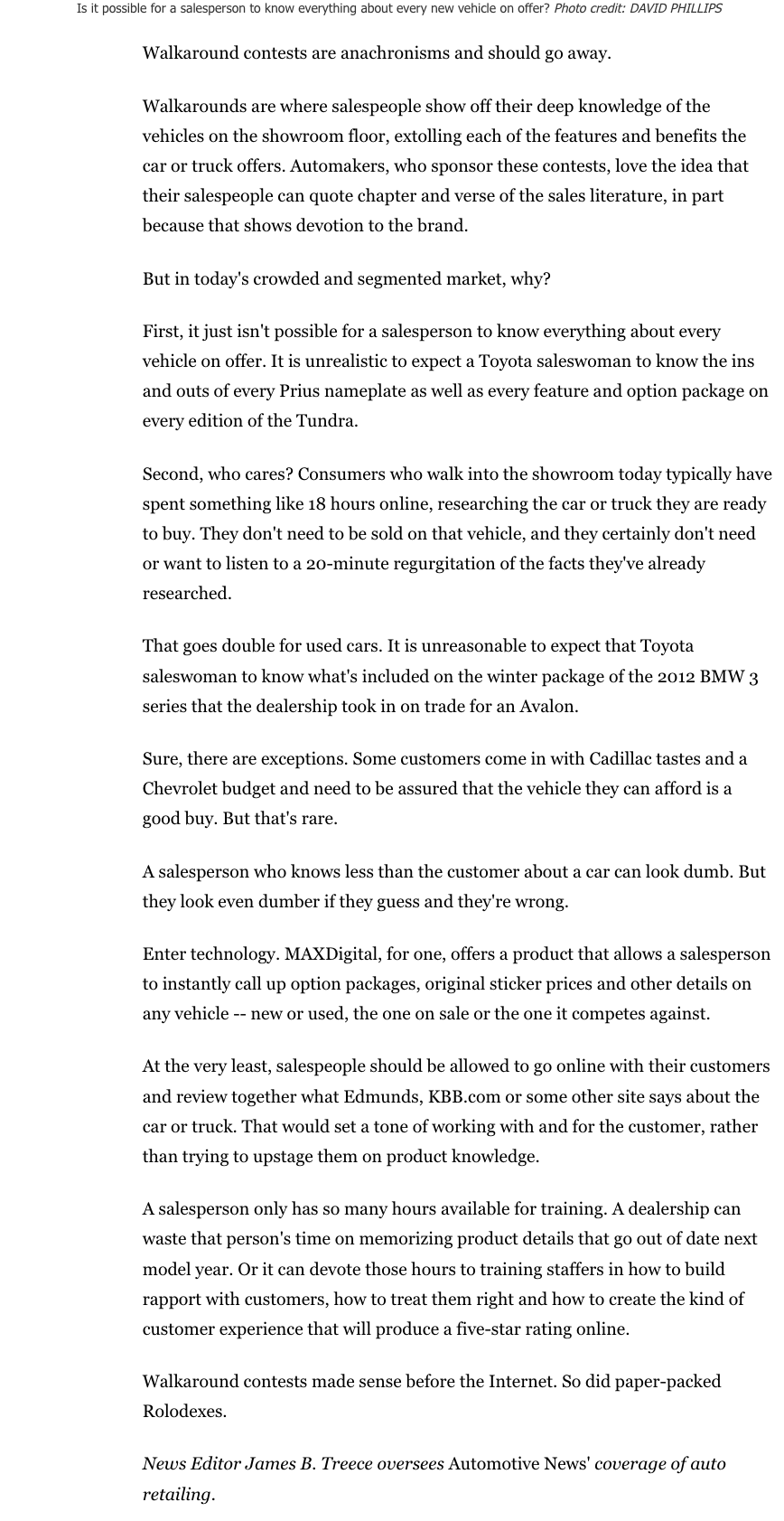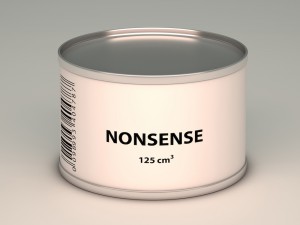Lehighton, PA, April 14, 2021 — Dealer World, a full-service advertising agency for franchise and independent car dealers, today announced that well-known automotive industry veteran Arnold Tijerina is joining the company as Director of Business Development.
As Director of Business Development, Tijerina will oversee sales and assist in developing strategic partnerships.
Tijerina brings over 19 years of automotive industry experience to Dealer World, including holding just about every sales and management position at auto dealerships. He also served as a successful Internet Sales Director for two large dealer groups in Southern California that were selling more than 1,000 units per month each at the time of his tenure.
An active and respected member of the automotive community, Tijerina is known for his expertise in digital marketing and social media. He is a highly sought-after speaker for industry events and has been involved in over 50 conferences arranging agendas and consulting on speaker applications.
Tijerina is the founder/owner of Storytailer and for the last eight years has worked with many vendors in the automotive industry overseeing their content marketing and social media and has been responsible for the syndication of dozens of blogs in top industry publications. He is also the owner of DealerElite, an online community with almost 12,000 vetted automotive industry professionals.
Commenting on the addition of Tijerina to the team Troy Spring, Dealer World CEO stated, “As we continue to grow at the pace we have been year after year, adding Arnold to the team just seemed natural. He brings years of sales experience to the table that matches our culture of not really selling anything. We think very much alike when it comes to simply finding dealers that need help and helping them. That has always been our core value. Because our values align so well, my growth projections were adjusted by another 20% the second Arnold agreed to join the Dealer World team.”
Dealer World offers a truly unique and winning experience and understands the car business because its employees have worked in or managed dealerships. All clients’ automotive advertising needs are under one roof, and each department is managed by an industry expert. From online media to offline media, there is no need for a dealership to outsource advertising to different vendors.
“I’m excited to join the Dealer World family and look forward to assisting in the company’s growth. I have a strong belief that Dealer World’s services bring value to dealers and am excited to have the opportunity to be a part of that growth.” Tijerina stated.
About Dealer World
Based in Lehighton, Pennsylvania, Dealer World is a flat-fee, full-service advertising and performance agency that provides franchise and independent dealerships with best-in-class digital marketing, social media, and traditional advertising solutions. Founded in 2009, Dealer World has a proven track record of providing exceptional customer service while helping dealers cut costs, drive more traffic and increase sales. For more information, contact us today or call Arnold Tijerina at (951) 490-8000 or email him at arnold@mydealerworld.com










